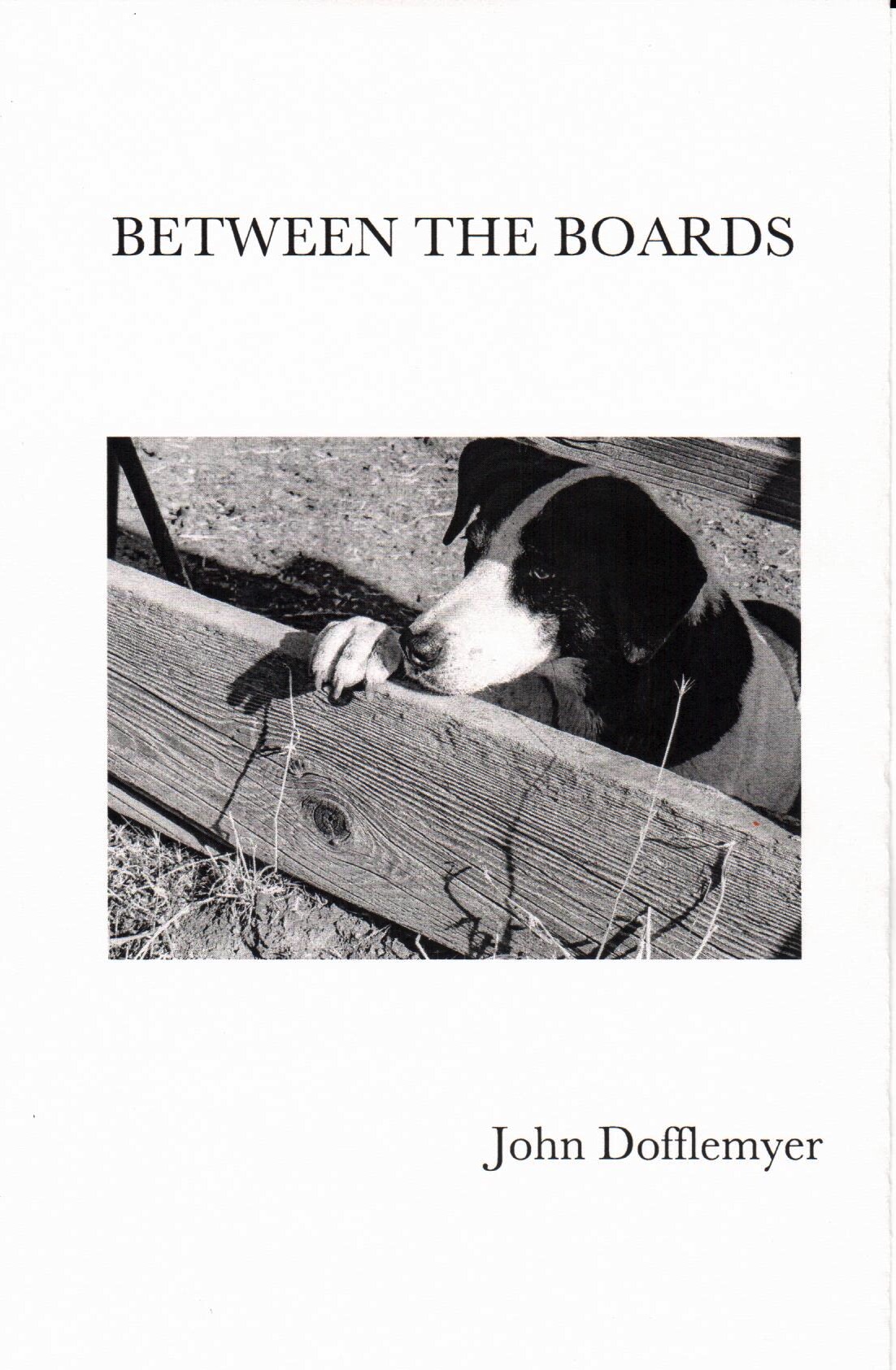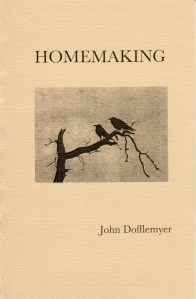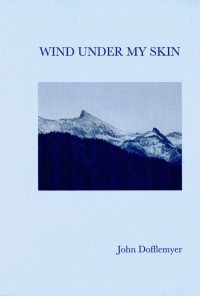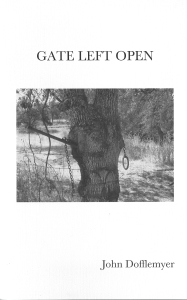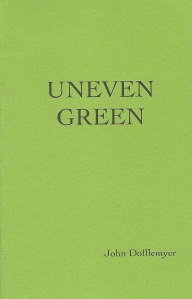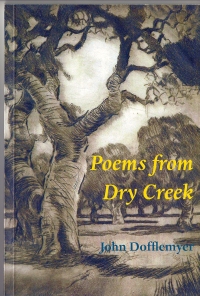As in the past, we record our first Wagyu X calf and first Angus calf born as part of the age and source verification process necessary for the buyers of our calves to market them for export and domestically. Though born on August 28, 2019 to first-calf heifer 8144, I hesitated to post it because it arrived two weeks early. We had another Wagyu X calf born prematurely this year on August 14th to live only a couple of days.
It’s not unusual to lose the first calf born to a first-calf heifer when social urges outweigh maternal instincts, the calf too often left alone and subject to predating coyotes and eagles. Once a couple of calves are on the ground, the heifers begin to form nurseries. This morning another calf was born prematurely. It’s survival appears doubtful.
We put the Wagyu bulls out on December 13, 2018. With a nine-month pregnancy, due date for our first-calf heifers is September 15th, give or take a week. Quick to confirm that there were no other bulls anywhere near our first-calf heifers to produce a calf at this time, we’re left with a mystery.
We’ve read recently that unusually hot weather can shorten bovine pregnancies. Even though the rest of the U.S. has had a miserably hot summer, our summer has been relatively mild with the usual week to ten-day spells of temperatures above 105˚. Another factor may be that some Angus bull breeders are pushing for ‘calving ease’ bulls by selecting genetics for shorter pregnancies to produce lighter calves. Our Angus heifers may have these genes.
We have no answers, watching our heifers closely.













